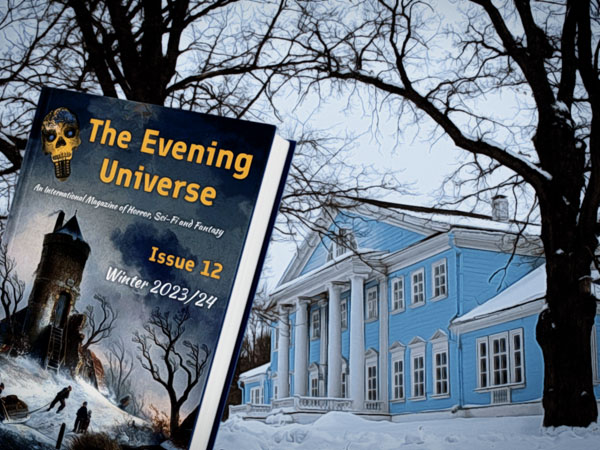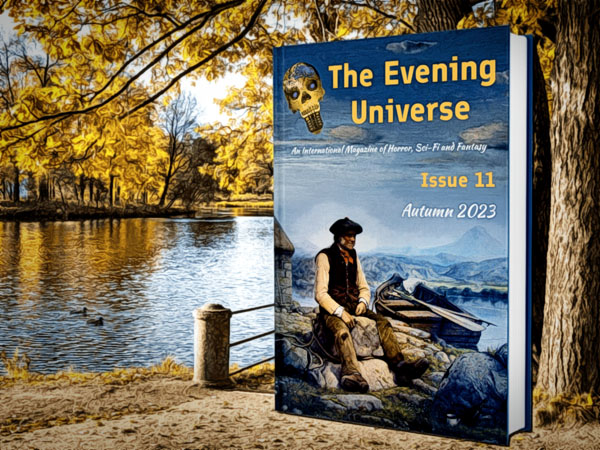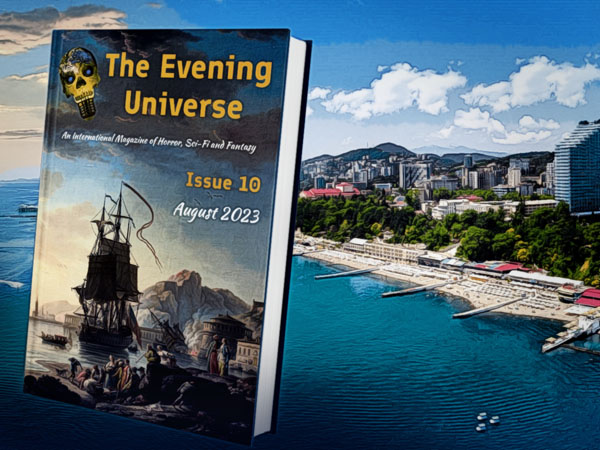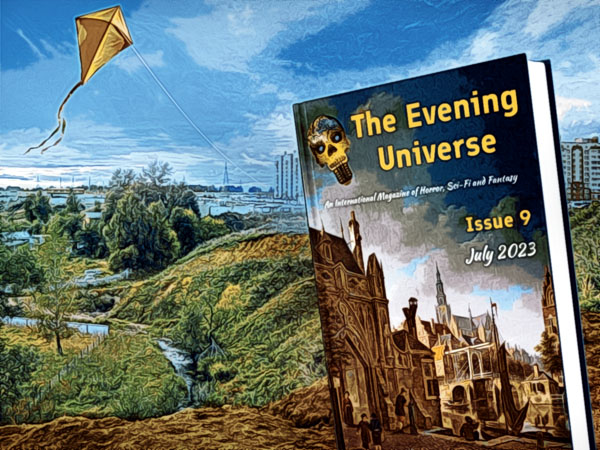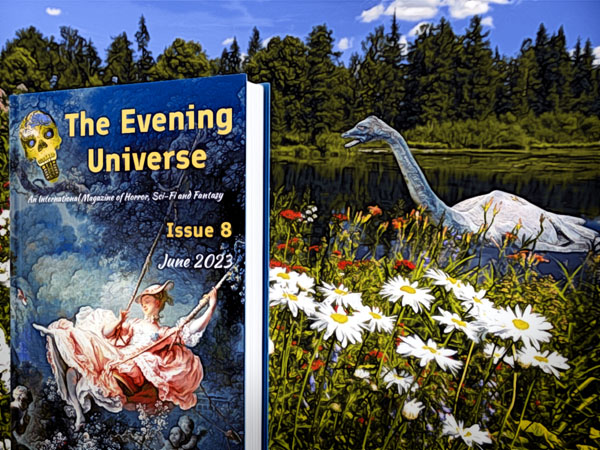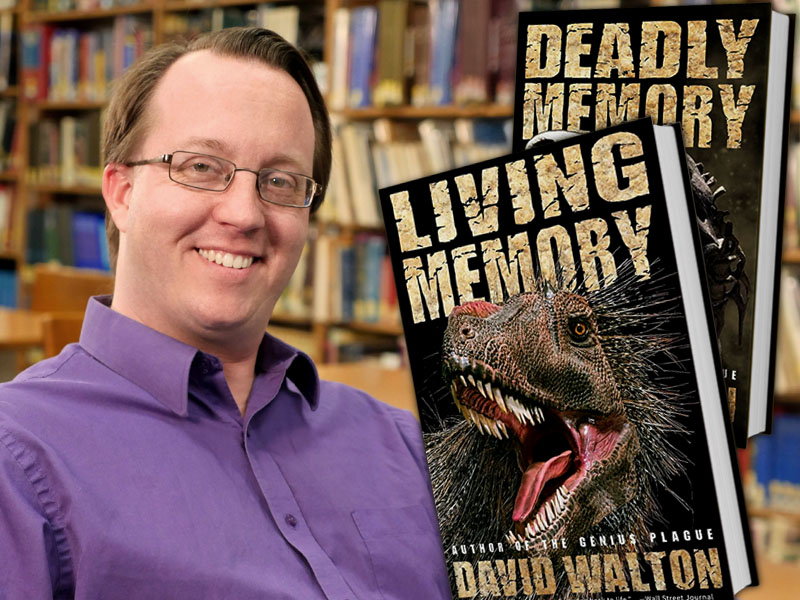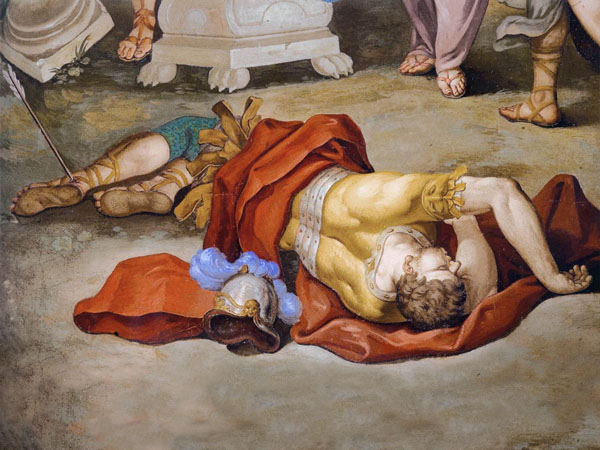
Antonio Balestra, “The Killing of Achilles” (1738)
The Heel of Achilles
Without expression, waiting for a sign.
— W.H. Auden
He groped her in a public place
captive of that formidable aura,
wanted her to tell him the truth
about O’Leary’s cow, whether
it really kicked a lantern, set afire
the future metropolis just then
beginning to expand, but in return
received only a leaden stare.
Despite how large his legacy had become
for him the Sphinx didn’t even exist.
All words gone totally void, meaningless,
he feared a rogue spirit would arrive
and dispatch him to some forsaken cavern
where he’d be forced to finally yield,
like a fallen god allow logic to take over.
All modes of transportation at a halt, traffic
stopped, time upended. No going back
to such splendors as amethyst horizons
rolling onward like thunderclouds ahead
of a storm. Regretful, he found refuge
with doleful Sirens lodged inside his id.
To this she predictably paid scant attention.
Still he groped her like lint stuck
to the leg of an irreverent ant.
His cause seemed righteous and yet
he couldn’t convince her that
the heathen he was lives no more,
his warring instinct changed,
no longer a mass destructive force.
He was used to slaughter, slashing through
wave after wave of devoted warriors
on open plains, a savage combatant in line
with thousands of them who bled out
on fields of ancient Samothrace and Troy,
whose seized wives were concubines,
spoils of victory in that tumultuous epoch.
In the atomic age he witnessed a baneful
beast slouching toward Bethlehem
aborted, dangling, umbilical chord still
attached to Athena’s womb. It alarmed
him who contained in his seed the equation
for extinction. The remorse agonizing,
he entreated her to rescind such memories.
He groped her as a huge orchestra
played waltzes and mazurkas.
She danced alone, shunning him
who whimpered in the rain
for a chance to enter her umbra,
be initiated unto all eternity,
the two of them a unified genus.
Slaves were marched before him in chains
and shackles, heavy manacles that ate
into their flesh. They oozed blood and he
beheaded every one, that while weeping.
“Forgive me for I have surely regressed!”
he sobbed. And yet she ignored him,
wouldn’t accommodate vulgar barbarians.
She’d never carry his son as he
mistakenly prophesized.
Allowing him to sire a successor
would be a tragic mistake.
At any rate he’d be dead soon,
victim of an arrow sped
with precision into his soft heel.
Orc and Troglodyte
It took misery, suffering, awful destruction to satisfy
the ego of an Orc. Troglodytes were swiftest runners,
ate lizards, snakes, assorted reptiles. In Blake’s myth
Orc is seen as transformed from a worm to a serpent.
Herodotus recorded that the Troglodytes were hunted
by Garamantes in Libya. Like Jesus, Orcs were born
around the winter solstice. The ancient Greek writers
perceived Troglodytes as African cave dwellers. Orc
is derived from the Latin orca, such as a killer whale.
Pomponius Mela observed that the Troglodytes held
no actual language, instead communicated with their
high-pitched screeches. He also told us they collected
inside mountain caves, there communing with cobras.
The word orc, alluding to a demon or devil, emerges
in Old English around 800 AD, appears in “Beowulf”
as monster orcneas. Since then ogre, underworld god.
Flavius Josephus identifies a land he calls Troglodytis,
claims Abraham, led by his sons and many grandsons,
expelled the Troglodytes there and from Arabia Felix,
but Aristotle considered them simple pygmies of fable.
The Cyclops who devoured humans was to many Orc.
Those Orcs and Troglodytes yet remain among living,
huddled in musty catacombs under the concrete cities,
what Yeats referred to as Spiritus Mundi, a collective
unconscious of all mankind. Whitman felt a presence
of Orcs when horrified by soldiers with severed arms.
Who could deny that Troglodytes provided an internal
compass in the mind of Marco Polo as he trekked over
rugged unmapped territory in search of Kublai Khan?
Maybe it is Orc that answers Mick Jagger’s rhetorical
question of who killed the Kennedys, provides clarity,
you and me guided by their evil hutzpah. Whosoever
should eventually verify the location of King Arthur’s
round table, perhaps be led by some blind Troglodyte.
The signature sinfulness of Orcs is spread throughout
incidents of legendary pain like firebombing Dresden.
Troglodytes do not discriminate based on sex, age, or
religious orientation. They exist solely to invigorate.
Not even Cerberus, that treacherous three-headed dog
guarding hell with his churlish snarl dare disrupt Orc.
Troglodytes and Orcs vie for our attention. One never
outpaces the other, tireless in their efforts to succeed.

